Donald Trump and Viktor Orban are on the same page for reasons that transcend ideology and interests" Mario Noya said during a roundtable hosted by the Madrid office of the Center for Fundamental Rights (AK), where experts debated potential outcomes of the U.S. elections.
The Spanish journalist, who's an expert at the Disenso Foundation, argued that the two political leaders share numerous common traits, such as both arriving from the periprehy with a view to disrupting old, unsuccessful patters. According to Mr. Noya, this is what the excluded and threatened elite cannot forgive, which is why both leaders are constantly in the crosshairs of various attacks.
PM Viktor Orban’s speech in Strasbourg last week remained a topic of discussion in the Spanish media this week. On Toro TV's Dando Cana program, participants delved into the Hungarian government's migration policies and Mr. Orban's vision for the upcoming EU presidency. One of the guests was Vajk Farkas, the head of AK's Madrid office, who underlined that debates in the European Parliament rarely garner as much media attention as this one, which is due to the fact that the EU's rotating presidency is now held by Hungary's much-criticized prime minister.
Participants of the show quoted Mr. Orban's thoughts on the historical crisis of illegal migration. Then Julio Ariza, a former member of the Spanish People's Party in the Catalan parliament, expressed his astonishment at the continuous, unwarranted array of attacks targeting Hungary, whenever the country is discussed in the media.
It appears that EU institutions try to operate with the grand plan of overriding the decisions of member states. Democracy and fairness in decision-making have vanished out of sight, which is particularly true in Orban's case,
– Mr. Ariza emphasized. He also highlighted the issue of Russian energy, suggesting that Hungary has been unfairly singled out.
What crime has Orban committed? Buying energy from Russia? This year, we (Spain) have purchased 40 percent more gas from Russia than we did last year. Where is the logic in blaming Hungary for this?
– he asked, adding that it is absurd and unjust to judge Hungary’s relationship with Russia without considering its geographic location and strategic needs - something EU leaders are doing.






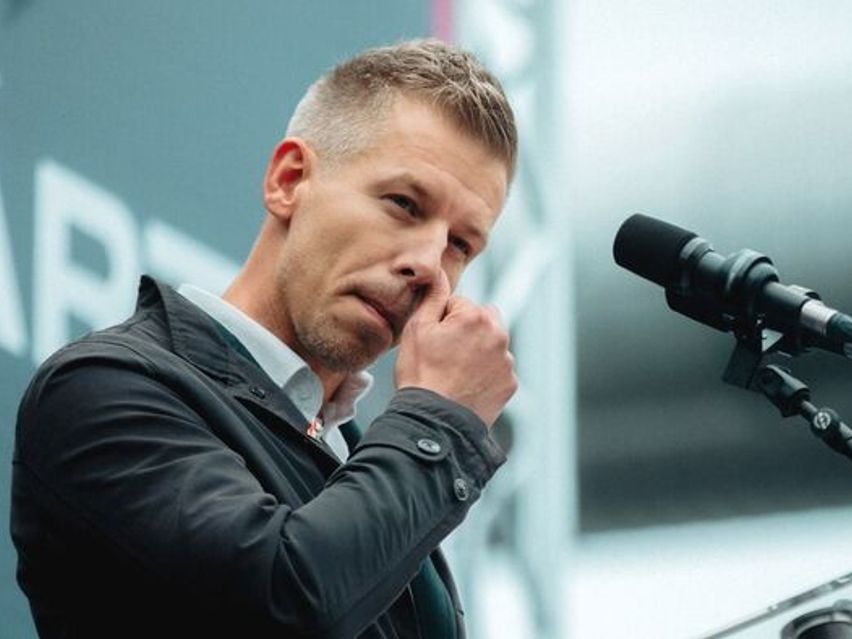
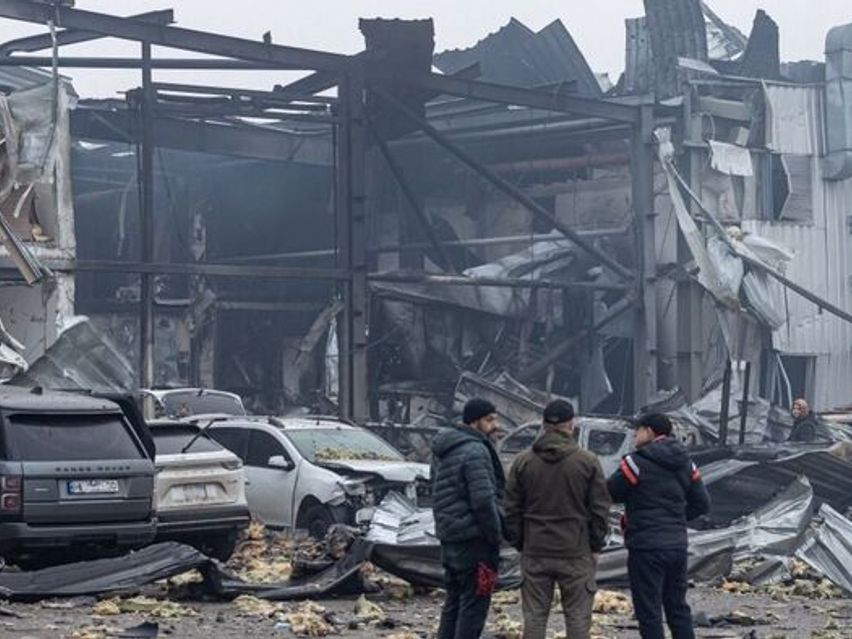
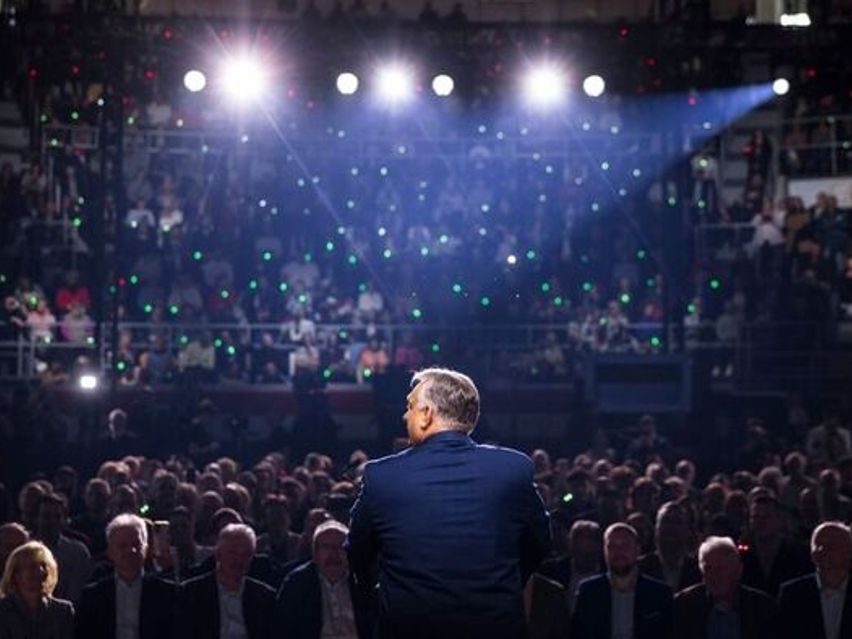
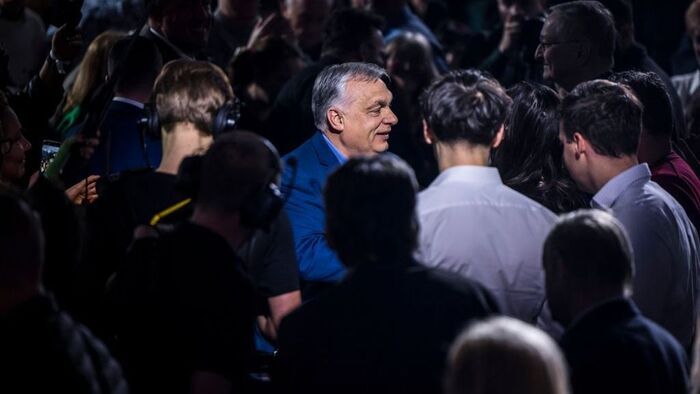

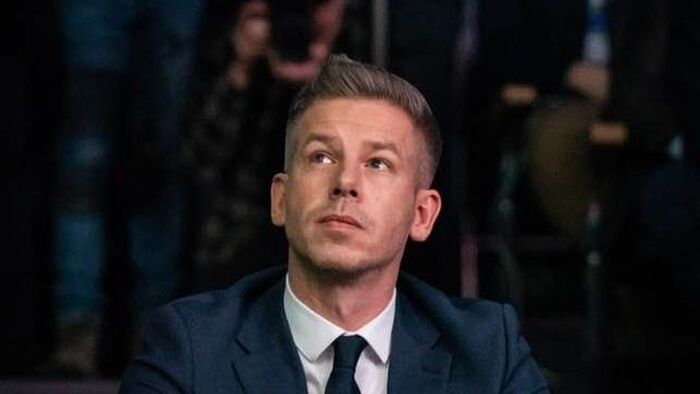

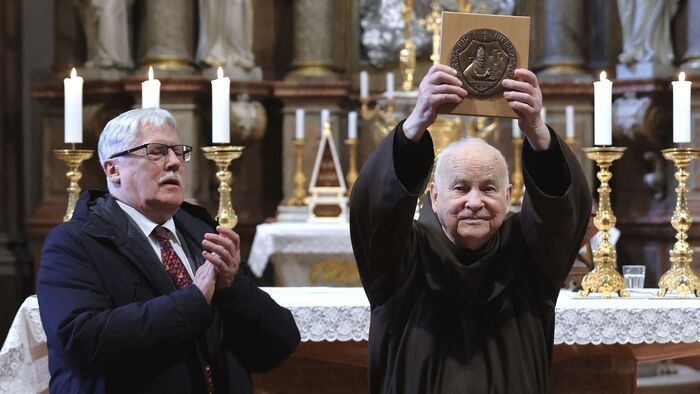
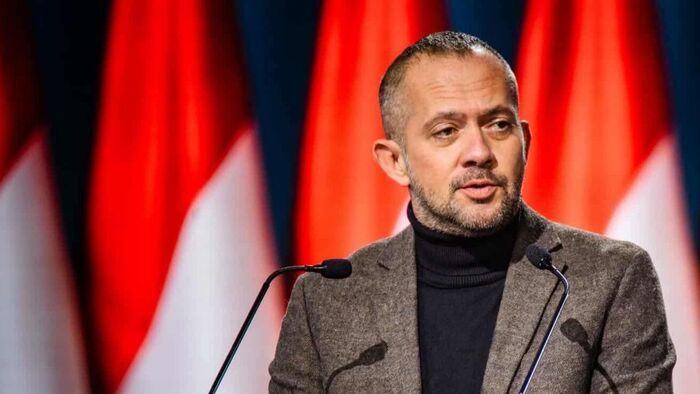
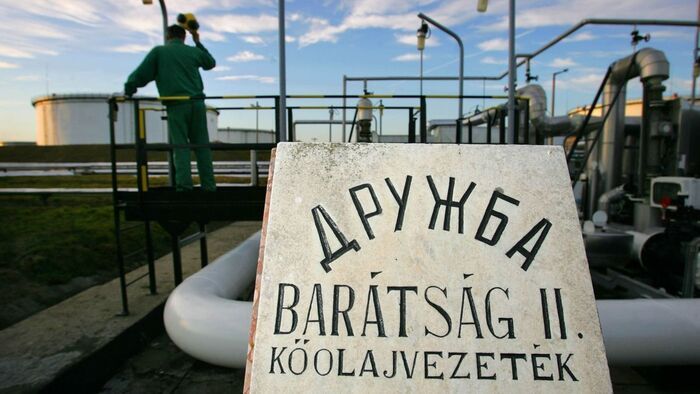
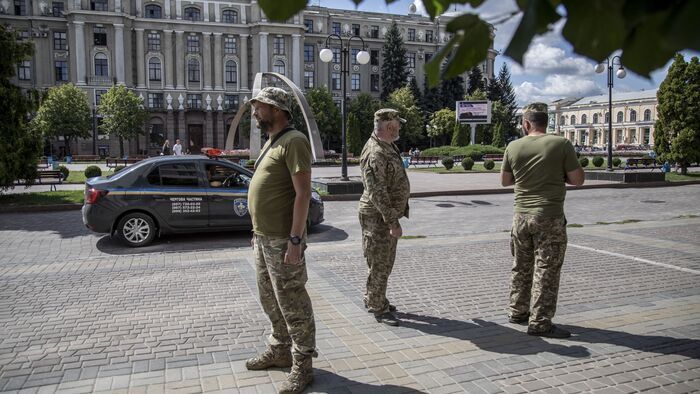
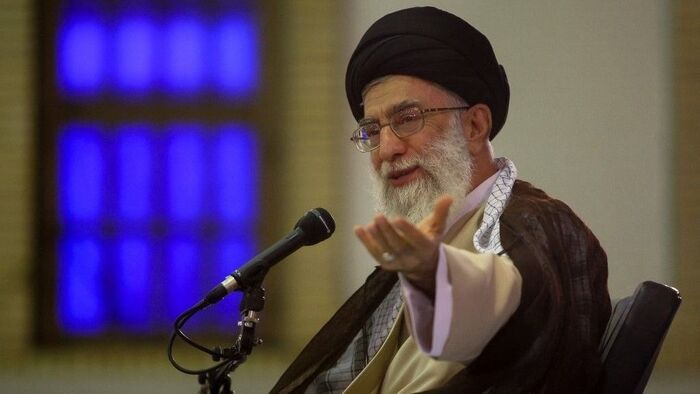

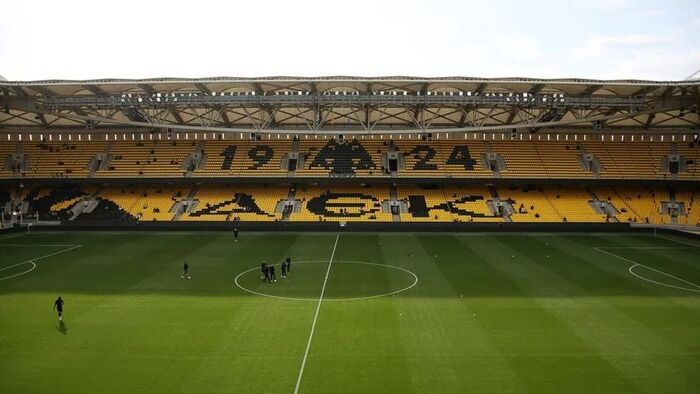



Szóljon hozzá!
Jelenleg csak a hozzászólások egy kis részét látja. Hozzászóláshoz és a további kommentek megtekintéséhez lépjen be, vagy regisztráljon!